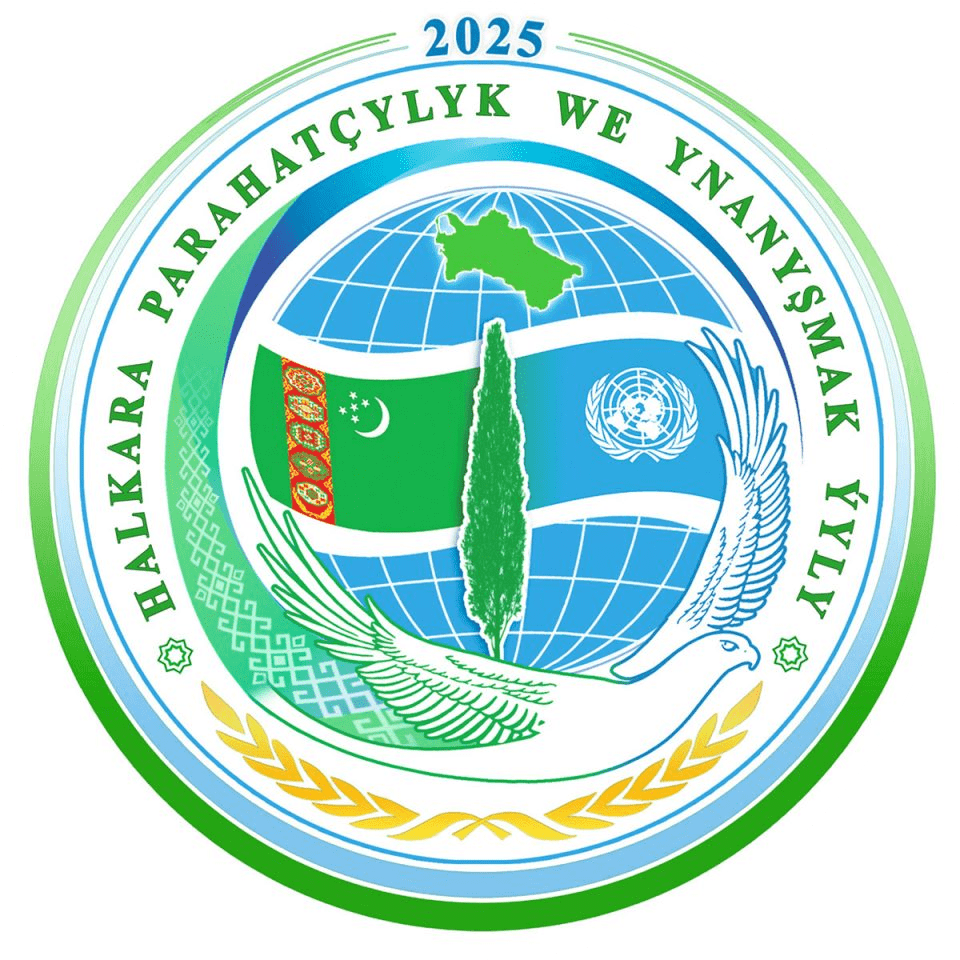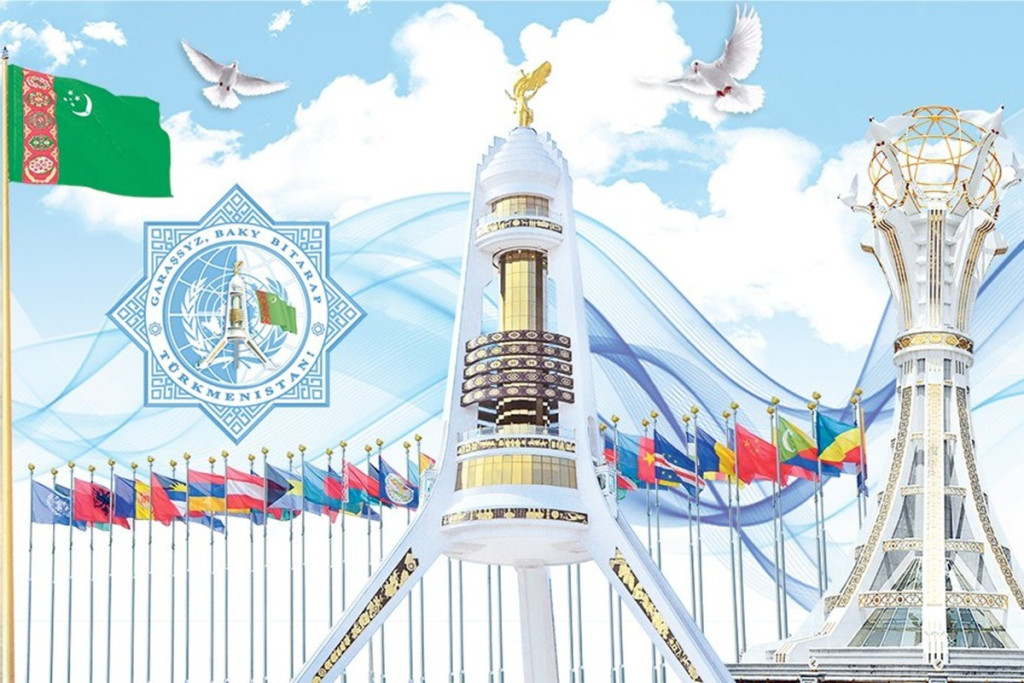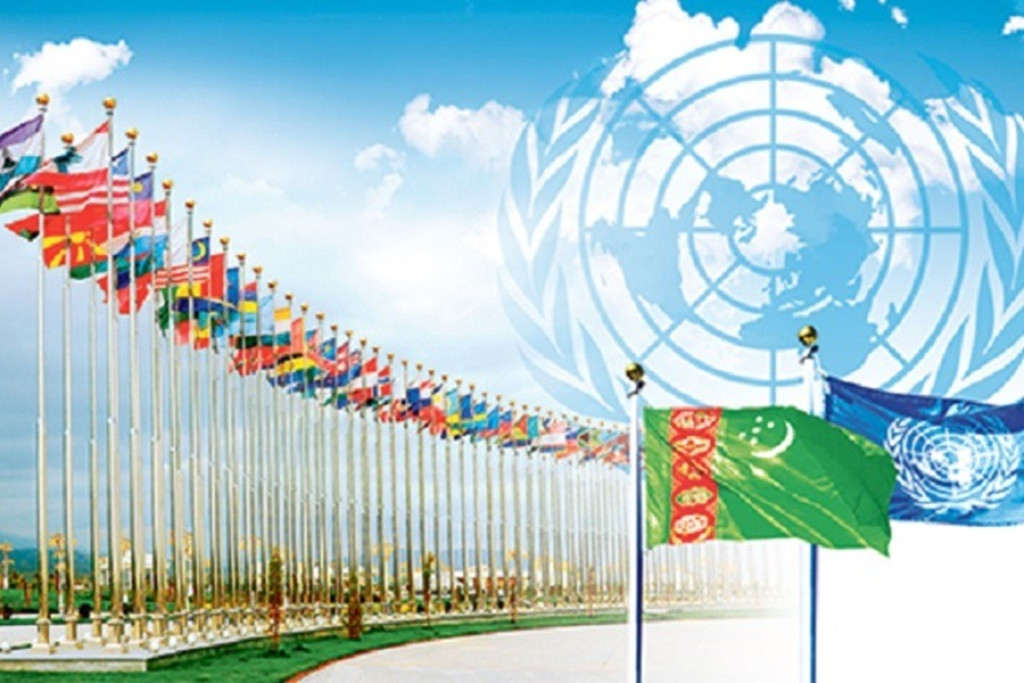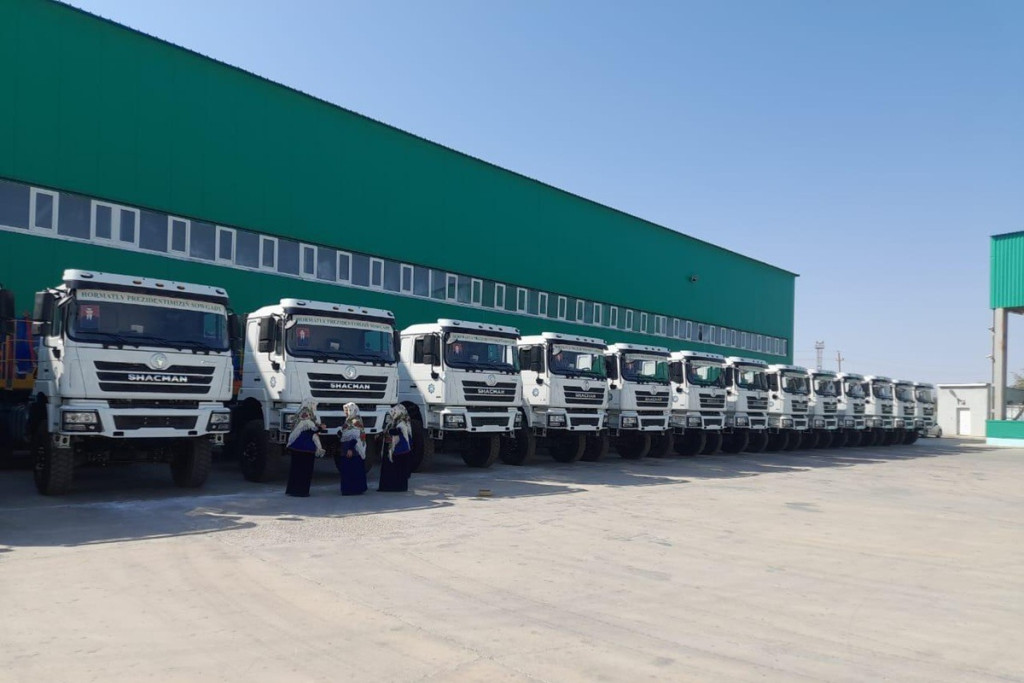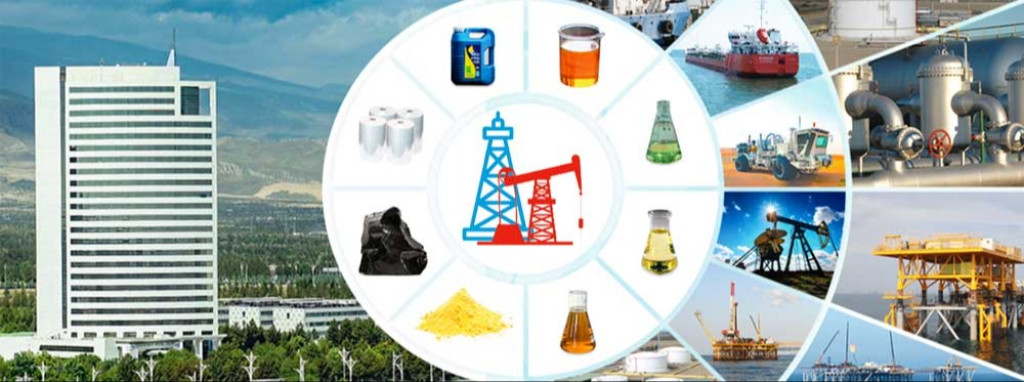
The oil and gas industry is among the key sectors of the national economy. Alongside the export of energy resources, measures are being taken to establish innovative enterprises focused on producing oil and gas products in high demand on world markets, where consumption is steadily growing. By possessing vast potential, abundant hydrocarbon resources, adherence to an “open-door” policy, and a favorable investment climate created within the country, Turkmenistan has formed a prosperous state in Central Asia.
The main areas of focus for Turkmen oil workers include the development of new fields, increasing the productivity of exploited areas, as well as comprehensive mechanization and automation of hydrocarbon extraction. The introduction of innovative technologies by the State Concern “Türkmennebit” makes it possible to boost oil production from deeper wells that previously were not accessible for development. Rational use of hydrocarbon resources, the deepening of oil refining, and the production of competitive, eco-friendly petroleum products at the Turkmenbashi Complex of Oil Refineries (TКNПЗ) are now the realities of producing high-quality oil-based products.
The construction of high-tech production facilities also opens up broad prospects for the country’s fuel and energy complex. At the beginning of this year, new types of petroleum products in high demand both domestically and internationally were launched at the Turkmenbashi Complex of Oil Refineries under the State Concern “Türkmennebit.” Specifically, production has started on “Hydro Plus” diesel fuel designed for jet diesel engines operating in extreme cold conditions, as well as “SAE 50 API CF-4” grade motor oil intended for powerful diesel engines in vehicles and equipment under high-temperature conditions.
An important aspect of the respected President Serdar Berdimuhamedov’s socio-economic policy, aimed at ensuring dynamic rates of the country’s development, is the efficient utilization of the potential of all sectors of the national economy, and in particular the oil industry.
Today, thanks to the reconstruction and technical modernization of the Turkmenbashi Complex of Oil Refineries, this enterprise accounts for a quarter of the country’s total industrial production. Its main range of products includes high-octane, unleaded motor gasoline; aviation, illuminating, and technical kerosene; liquefied petroleum gas; various types of diesel fuel; technical lubricating oils; polypropylene; as well as electrode calcined coke, road and construction bitumen, and more.
The constructive international initiatives of Arkadagly Hero Serdar and Hero-Arkadag provide a real opportunity to form a new architecture of global energy security and create conditions for sustainable development in the region. The creation of modern infrastructure and the laying of new transport, energy, and communication lines—all these are a tangible embodiment of the concept of sustainable development in the energy sector, an idea belonging to the Leader of the Nation. Our country holds one of the leading positions in the world in terms of natural gas reserves. The demand on global markets for “blue fuel” and the products derived from it is steadily increasing. Based on this, significant socio-economic programs and international projects are being implemented in the country.
By possessing extensive hydrocarbon resources, Turkmenistan is creating large-scale projects in the oil and gas sector that are crucial for the nation’s prosperity. Cooperation with the international community grants Turkmenistan significant advantages. After all, the interest of leading foreign investors is based on the presence of vast natural resources, Turkmenistan’s export and transit potential, intensive industrialization, and a rapidly developing market for trade and services. Today, the country operates an efficient economic system with a solid investment capacity.
Addressing environmental issues in the oil and gas sector is a highly complex and multifaceted task aimed at minimizing the harmful impact on the environment by industrial facilities at all stages of their “life cycle.” “In developing oil and gas fields, extracting, processing, and delivering hydrocarbon resources to consumers, essential objectives include adhering to environmental protection requirements, complying with high environmental standards, and reducing the impact on climate change,” President Serdar Berdimuhamedov emphasized in his Address to workers of Turkmenistan’s oil and gas industry and geology.
Environmental protection is ensured in a number of industrial sectors related to oil extraction, transportation, processing, and utilization. Current priorities in environmental conservation for oil and gas extraction and processing include the development of environmentally friendly processes and waste management, purification of gas emissions from petrochemical plants, wastewater treatment, and monitoring the pollution of the environment by oil and petroleum products, among others. One of the most important ways to prevent atmospheric pollution is to improve technological processes. Priority goals in preserving nature include the large-scale introduction of new, advanced, and efficient technologies and the latest achievements of global science at all stages of production—from geological exploration and the development of oil and gas fields to the manufacturing of petroleum products.
The implementation of large-scale projects in the oil and gas sector is clear evidence of the country’s economic power. Thus, the wise and balanced socio-economic policy of President Serdar Berdimuhamedov creates favorable conditions for a high standard of living for the people and the prosperity of the Turkmen state.
Source: “Neutral Turkmenistan” Newspaper
